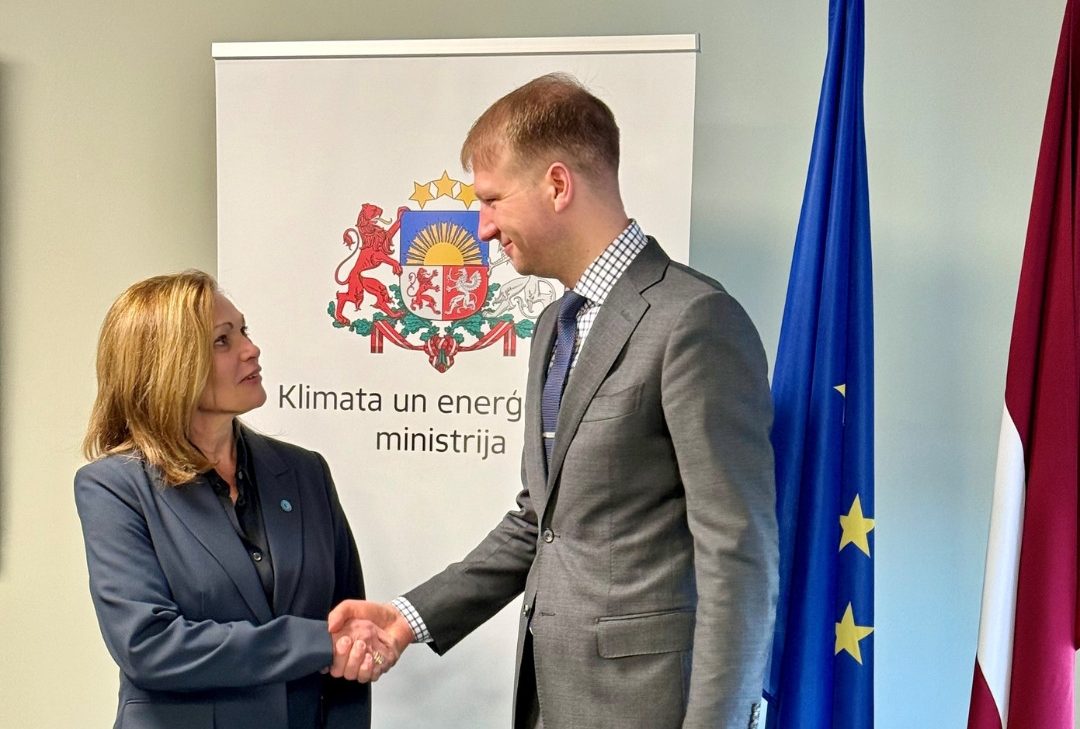The United Nations’ latest NDC Synthesis Report reveals a sobering reality: current national climate commitments fall drastically short of the reductions required to limit global warming to 1.5°C. Despite recent efforts, nations’ existing Nationally Determined Contributions (NDCs), even if fully implemented, would yield only a 2.6% decrease in greenhouse gas emissions by 2030, relative to 2019 levels. In stark contrast, the Intergovernmental Panel on Climate Change (IPCC) indicates that a 43% cut is essential to prevent the most severe climate consequences.
The 2024 report emphasizes the enormous gap between pledged reductions and what’s needed to stave off catastrophic climate impacts. Without immediate, bolder action, emissions will reach 51.5 gigatonnes of CO₂ equivalent by 2030, setting the world on a collision course with economic and environmental instability. The report serves as a critical call to action ahead of COP29 in Baku, underscoring that countries must arrive prepared to translate commitments from COP28 into tangible results.
This year’s analysis breaks down key requirements for the upcoming NDCs, advocating that plans must not only target comprehensive greenhouse gas reductions but also include sector-specific goals, robust regulations, and the necessary funding to ensure implementation. The report further advises that NDCs should now extend through 2035, with stronger targets for 2030 to drive urgent emissions cuts. Adaptation priorities, another focus, are essential to protect vital infrastructure and communities from escalating climate risks, especially in vulnerable regions.
The report’s data-driven insights highlight a critical juncture in climate policy, signaling the need for a transformative approach. As the world prepares for COP29, it’s clear that national climate strategies must align more closely with the science. Every fraction of a degree counts; a failure to respond effectively will have far-reaching consequences for economies, ecosystems, and human health worldwide.















